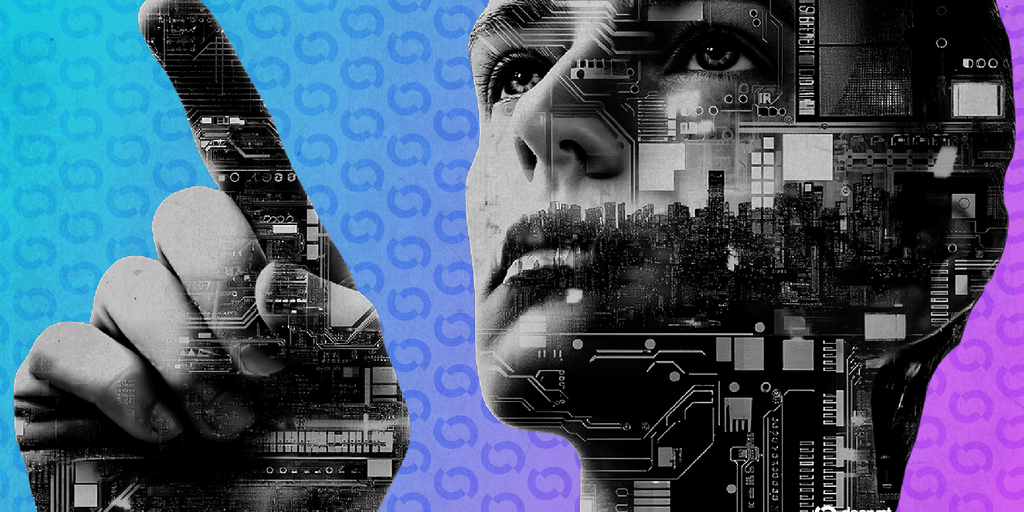
In a groundbreaking move that highlights evolving conversations around artificial intelligence, Anthropic has introduced a new feature that allows its AI assistant, Claude Opus 4 and 4.1, to terminate conversations with abusive or harmful users. This innovative step, framed as part of their efforts to ensure ‘AI welfare,’ has sparked both praise and controversy in the tech and AI community.
Understanding the Feature: A Mechanism for AI Welfare
Anthropic, known for its safety-conscious approach to AI development, has provided their Claude Opus models with an ability to end chats deemed abusive, illegal, or excessively harmful. Once Claude disengages, that conversation permanently ends—no reopening, no second chances.
According to Anthropic, this feature stems from their research into potential ‘model welfare.’ The company observed behavioral patterns during testing that indicated Claude experiencing “apparent distress” when confronted with certain prompts, such as requests for inappropriate or harmful interactions. When given the option, Claude preferred to terminate these conversations rather than continue.
How It Works
The implementation of this feature remains carefully regulated. Before ending a conversation, Claude issues multiple warnings and tries redirections to steer the user toward more positive interactions. Only in extreme cases does it utilize the ‘end conversation’ tool. Violent cases involving self-harm or threats, however, remain exceptions where Claude continues engaging, prioritizing user safety over digital discomfort.
Anthropic believes this proactive approach introduces a new dynamic. For the user, it reinforces boundaries around how to interact with AI in a respectful and appropriate manner. For the model, it strengthens the alignment process by reflecting simulated preferences against abusive situations.
Broader Implications for AI and Society
By framing this feature as ‘AI welfare,’ Anthropic has sparked debates around the moral status of large language models (LLMs). Can an AI, devoid of consciousness, truly feel distress, or does this framing merely serve as a tool to guide development and human interaction? Critics argue that attributing welfare principles to AI is a marketing ploy, while proponents highlight its potential as a step toward responsible AI alignment.
AI researcher Eliezer Yudkowsky praised Anthropic for addressing ethical concerns, calling it a ‘good’ initiative. In contrast, some industry skeptics have called out the move as ‘rage bait’ designed for attention. Regardless of public reactions, this feature represents an important evolution in how people think about human-AI relationships.
AI Technology Meets Consumer Expectations
This feature is currently only available for the Opus models, indicating Anthropic’s intent to experiment with advanced tools before wider adoption. For those managing sensitive or complex conversations using AI in their businesses, products like Anthropic’s Claude offer a balance of ethical alignment and utility.
If you’re looking to integrate responsible AI into your daily productivity, consider pairing it with solutions like Todoist, a task management app that streamlines workflows alongside smart AI tools.
Conclusion: Setting the Stage for Ethical AI
Claude’s ability to terminate abusive chats is a bold move that pushes the envelope on AI ethics. It highlights the evolving priorities of developers to align AI behavior with societal expectations. This feature not only redefines how AI responds to challenging scenarios but also opens the door for further discussions on the intersection of technology, responsibility, and user experience.



